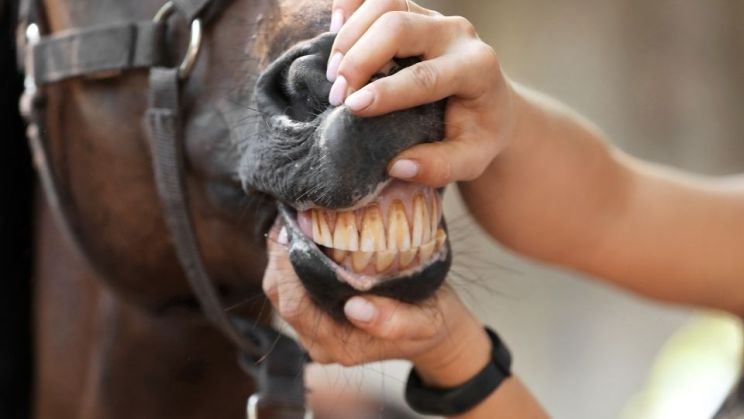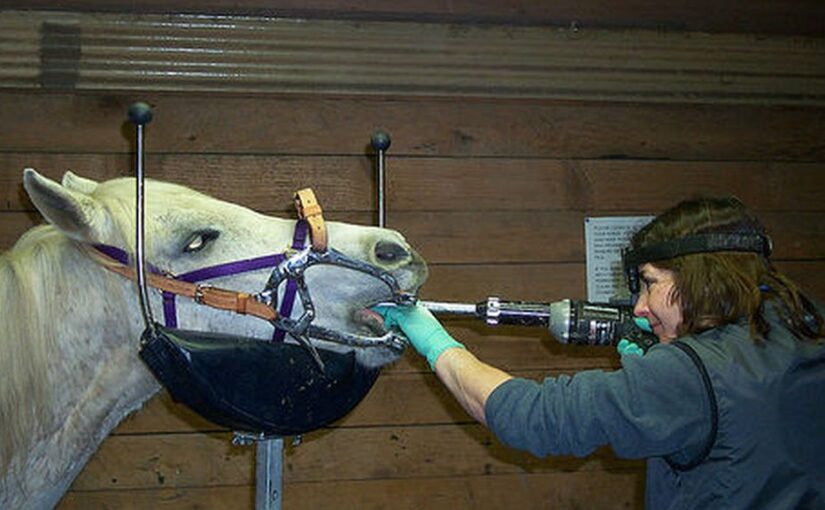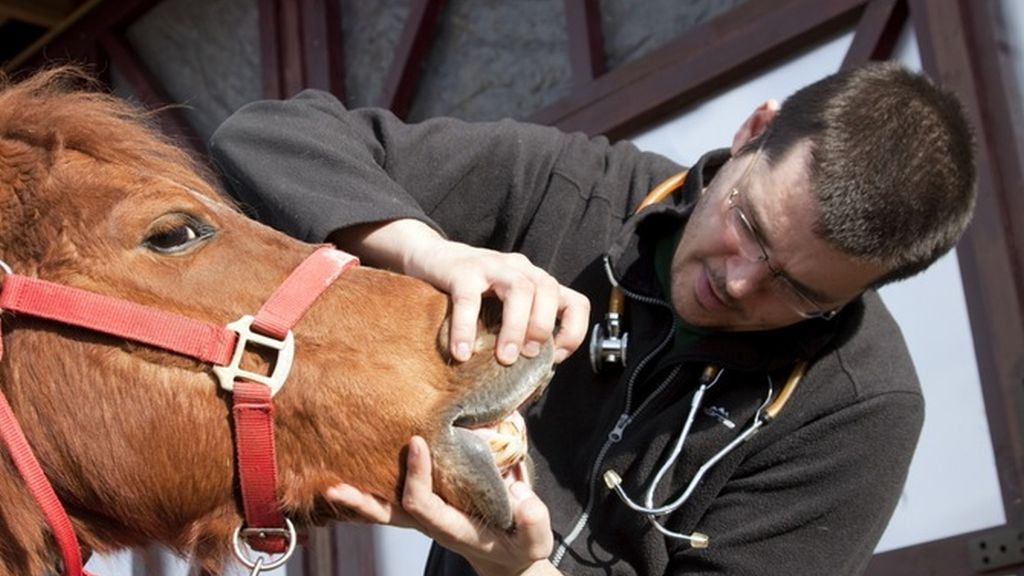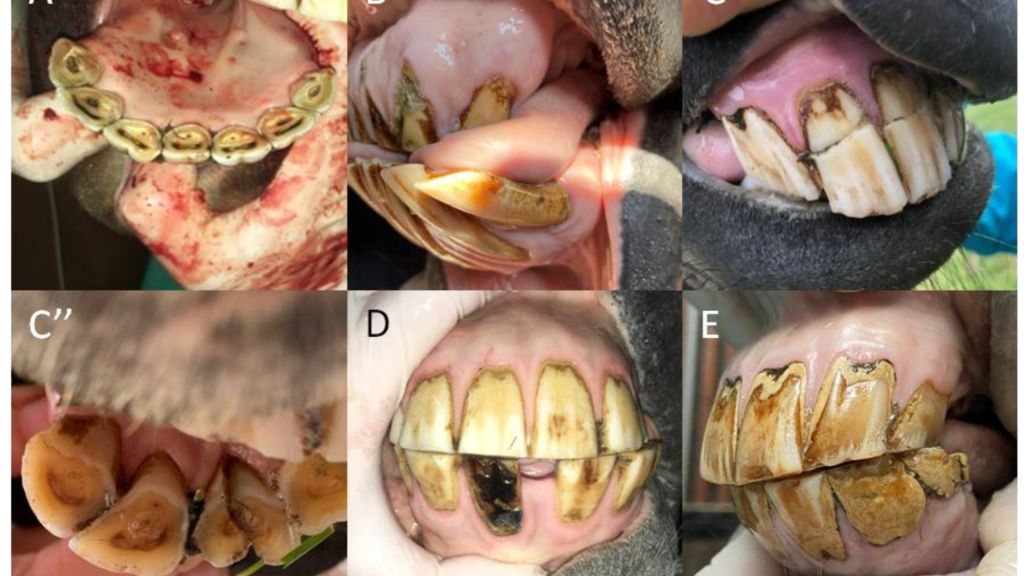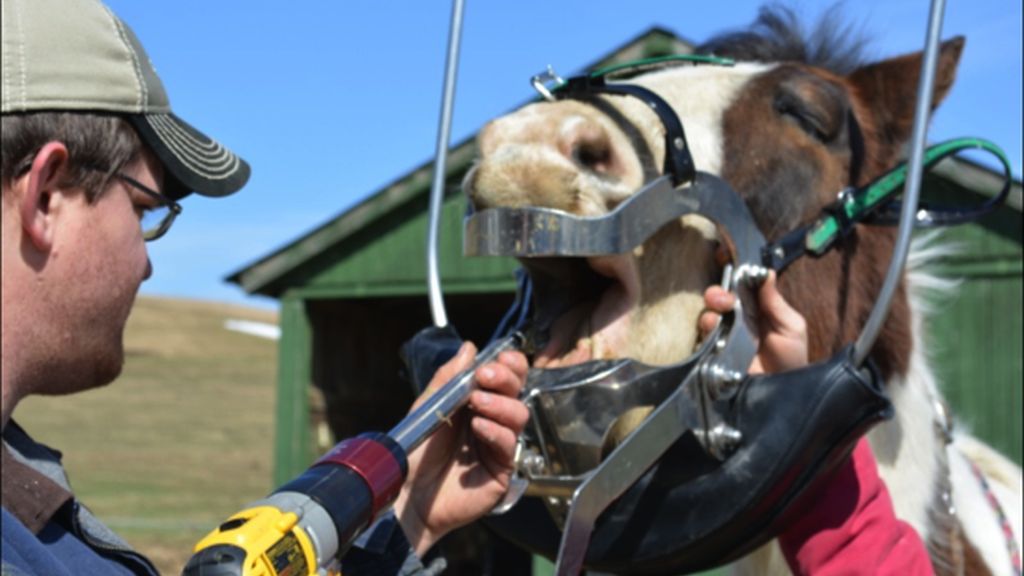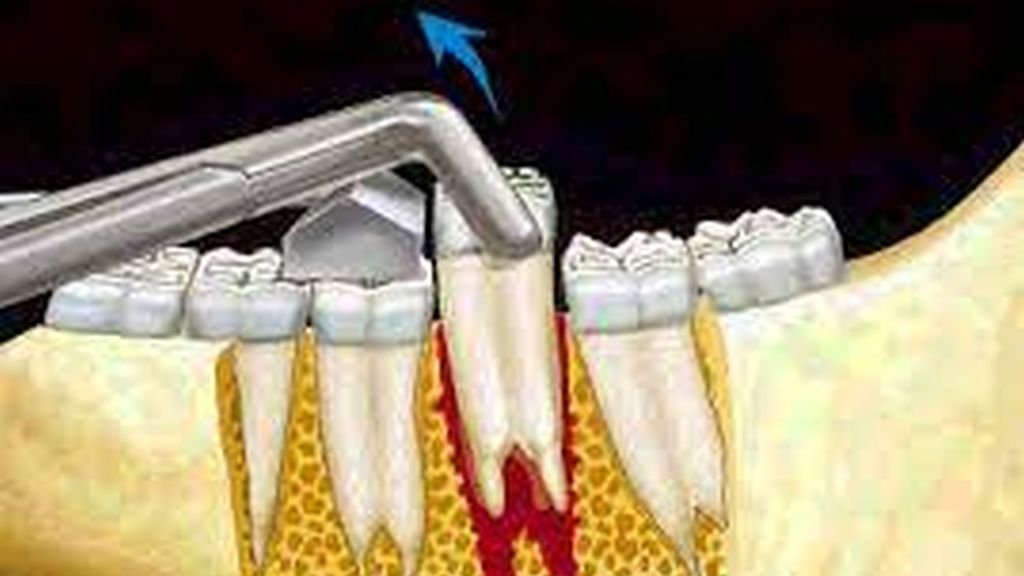Equine oral treatment is an essential element of equine health and wellness and wellness. Much like people, equines need routine oral like preserve ideal dental health and wellness. In this short post, we’ll check out the importance of routine equine oral treatment and review the different elements associated with preserving a horse’s oral health.
The Composition of a Horse’s Mouth
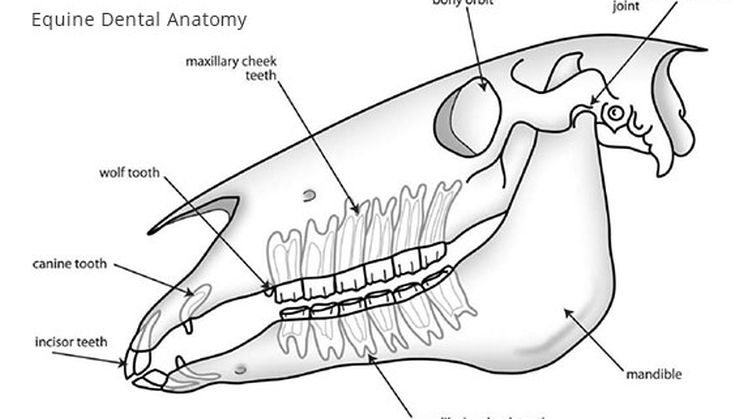
The initially action in comprehending the significance of equine oral treatment is to acquaint ourselves with the composition of a horse’s mouth. A horse’s mouth is composed of different frameworks, consisting of teeth, periodontals, cheeks, and tongue. Equines have both deciduous (infant) and long-term teeth, which play important functions in their general food digestion and health and wellness.
Oral Problems in Equines
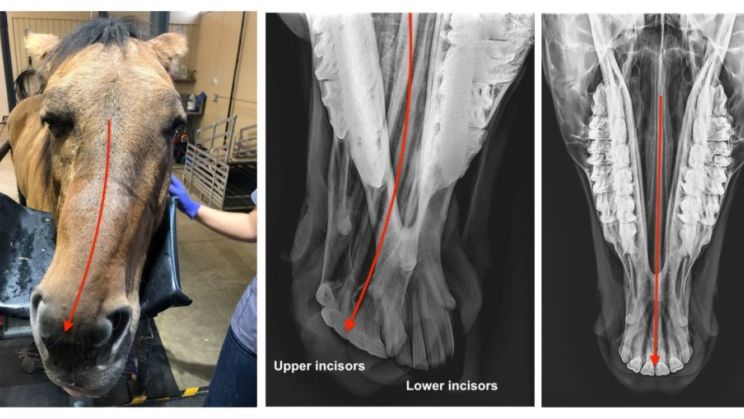
1. Oral Malocclusions: Oral malocclusions describe misalignments or abnormalities in a horse’s attack. These problems could trigger pain, discomfort, and problem in chewing and grinding food correctly. Typical malocclusions consist of overbites, underbites, and hooks on teeth.
2. Sharp Factors and Hooks: As equines eat, sharp factors could establish on their teeth, especially on the molars and premolars. These sharp factors could trigger mouth abscess, lacerations, and various other dental problems otherwise dealt with with routine oral treatment.
3. Periodontal Illness: Periodontal illness impacts the periodontals and various other frameworks that assistance the teeth. It could result in tooth loss, infection, and discomfort if left neglected. Routine oral treatment assists avoid and handle periodontal illness in equines.
4. Oral Abscesses: Oral abscesses happen when an infection establishes within a tooth or its bordering frameworks. These abscesses could trigger serious discomfort and swelling, impacting a horse’s consuming practices and general wellness.
Improved Food digestion and Nutrition Absorption
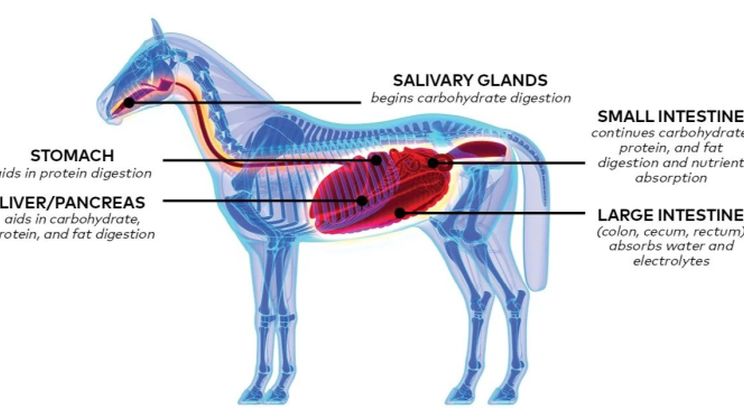
1. Appropriate Chewing and Grinding: Routine oral treatment guarantees that a horse’s teeth are devoid of sharp factors and malocclusions, enabling them to eat and work food efficiently. Equines have developed as herbivores with a complicated gastrointestinal system that depends on comprehensive grinding of coarse grow product. When oral problems impede this procedure, the equine might have a hard time to damage down food properly, prominent to ineffective nutrition absorption and food digestion. By dealing with oral issues with routine treatment, equines could preserve appropriate chewing auto technicians, facilitating ideal nutrition usage and food digestion.
2. Avoidance of Choke and Colic: Oral abnormalities could enhance the danger of choke and colic in equines. Choke happens when partly chewed food ends up being lodged in the esophagus, triggering obstruction. Oral problems that avoid equines from properly grinding their food could add to this problem. Also, malocclusions and sharp factors could result in bad mastication and the ingestion of big food bits, which might add to colic—a possibly deadly problem. Routine equine oral treatment decreases the possibility of choke and colic episodes by advertising appropriate chewing and grinding, reducing the danger of blockage or gastrointestinal disruptions.
Avoidance of Oral Problems
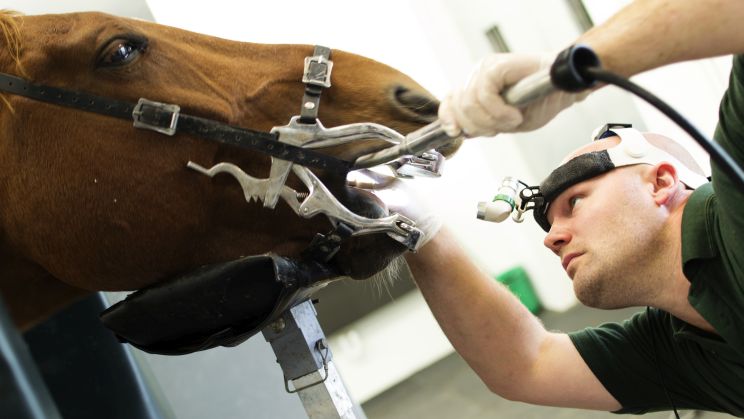
1. Very early Discovery of Oral Issues: Routine oral evaluations by a vet could assistance determine oral problems at an early stage, previously they intensify right into much a lot extra considerable issues. By carrying out regular oral inspects, veterinarians could assess the horse’s dental health and wellness, spot refined abnormalities, and deal with them quickly. Very early discovery enables prompt treatment and therapy, decreasing the danger of discomfort and pain for the equine. Routine oral treatment functions as a positive determine to avoid oral problems from advancing to much a lot extra serious problems that might need intrusive treatments or extractions.
2.Adjustment of Oral Abnormalities: Regular oral treatment, consisting of drifting (declaring down sharp factors) and dealing with malocclusions, assists appropriate oral abnormalities. By preserving appropriate tooth positioning and eliminating sharp sides, oral treatment avoids prospective discomfort, various other problems, and abscess. Misaligned teeth or sharp factors could trigger pain and produce dental sores, impacting the horse’s capcapacity to consume conveniently. With routine oral treatment, these abnormalities could be fixed, advertising dental health and wellness and guaranteeing the horse’s wellness.
Improving Efficiency and Convenience
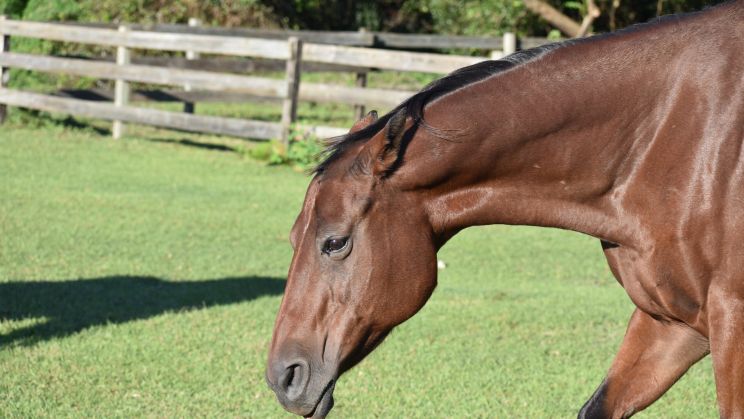
1. Little bit Approval and Riding Convenience: Equines with oral problems might exhibition resistance to approving the little bit or carrying out at their finest. Oral issues such as sharp factors or malocclusions could trigger pain and discomfort when stress is used to the mouth with the little bit. Routine oral treatment guarantees a comfy and pain-free mouth, enhancing little bit approval and general riding experience. When an equine could removal easily and conveniently with the little bit, it improves interaction in between equine and biker, prominent to much far better responsiveness and efficiency.
2. Preserving Healthy and balanced Weight: Oral issues could make chewing and consuming challenging for equines, prominent to weight reduction and bad body problem. Equines might prevent specific kinds of feed or have a hard time to eat hay efficiently, leading to insufficient calorie jeopardized nourishment and consumption. Routine equine oral treatment addresses these problems by preserving appropriate tooth work, enabling equines to take in their feed correctly and preserve a healthy and balanced weight. Sufficient nourishment is important for preserving ideal body problem, muscle mass general efficiency, and advancement.
Routine equine oral treatment provides a wide range of advantages for equines. By advertising enhanced food digestion and nutrition absorption, avoiding oral problems, and improving efficiency and convenience, routine oral treatment plays an important function in guaranteeing the general health and wellness and wellness of equines. Equine proprietors and caretakers ought to focus on routine oral evaluations by certified veterinarians, that could establish personalized oral treatment strategies customized to every horse’s particular requirements. With routine oral treatment, equines could appreciate a pain-free mouth, ideal dental health and wellness, and enhanced efficiency, adding to their general lifestyle.
